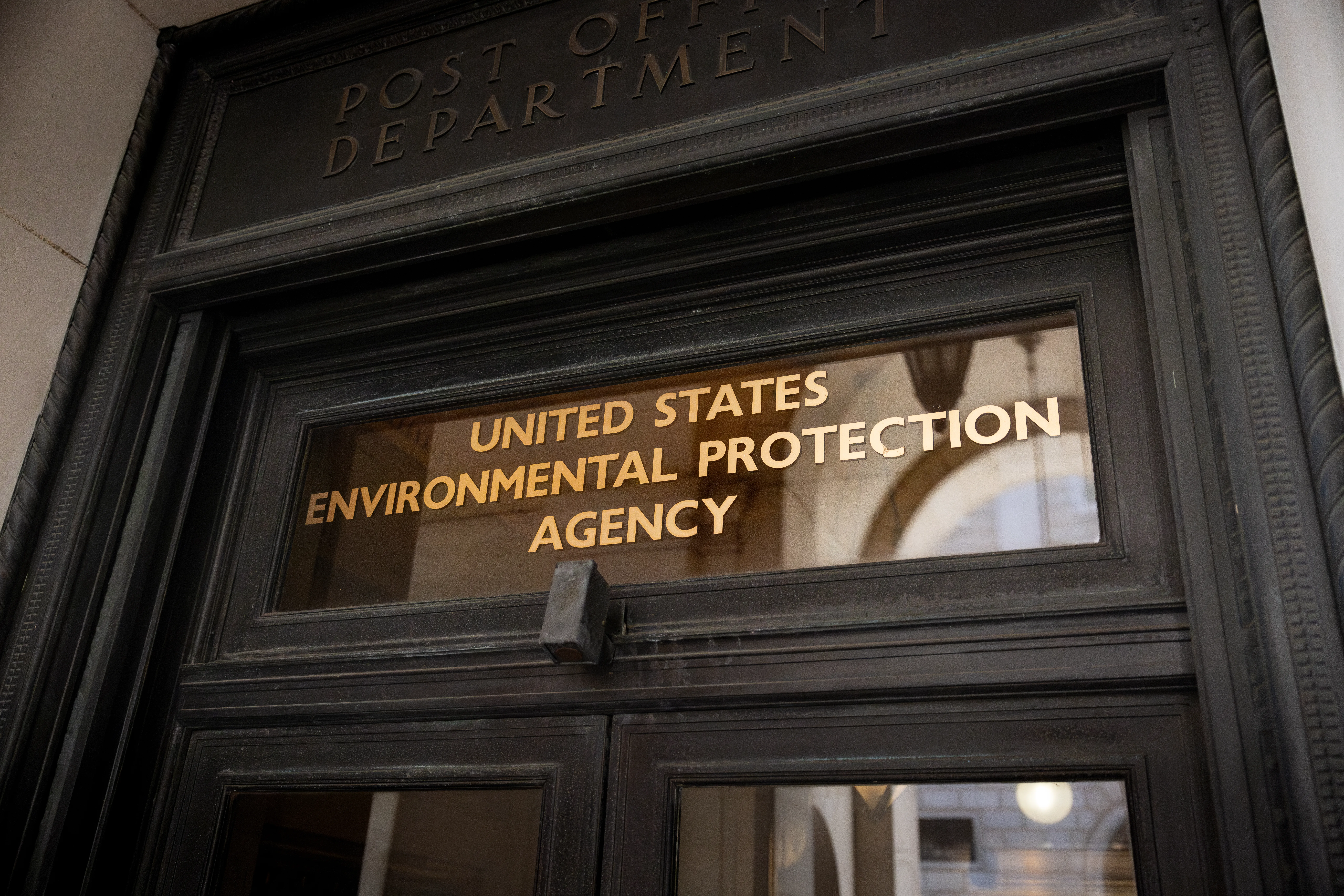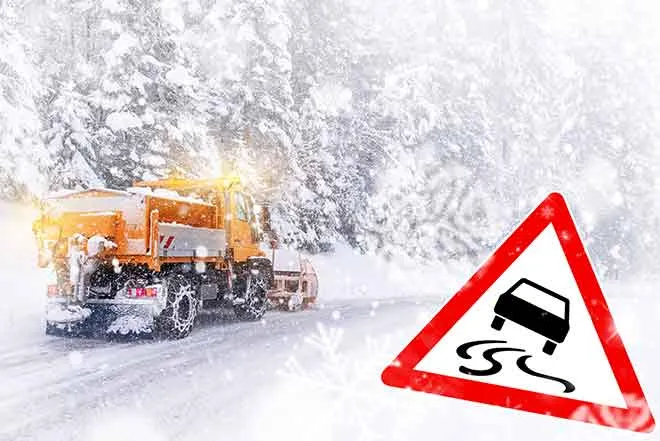
Commentary - Pueblo coroner case shows state workers are critical watchdogs who protect Coloradans
The news out of Pueblo County is horrifying. Twenty-four decomposing bodies and other human remains were discovered hidden inside a private funeral home owned by the county’s elected coroner, Brian Cotter. The details are stomach-turning: families possibly given fake cremains, remains improperly stored for years, and a shocking abuse of public trust.
But as shocking as this case is, it also demonstrates that when state employees are empowered and well-resourced to do their jobs, they protect all of us.
The wrongdoing at Davis Mortuary did not come to light by chance. It was uncovered during a routine inspection by the Colorado Department of Regulatory Agencies on Aug. 20. Inspectors found the remains, issued an immediate suspension of the mortuary’s license, and triggered a criminal investigation by the Colorado Bureau of Investigation. Within days, Gov. Jared Polis declared a disaster emergency and moved emergency funding to support the community.
This discovery would not have happened without a change in state law last year. In 2024, lawmakers passed House Bill 24-1335, which expanded DORA’s inspection authority and required routine, periodic inspections of funeral homes. The law was a response to previous tragedies, including more than 200 bodies found in a Penrose funeral home and dozens of cremated remains discovered in Littleton. Legislators recognized that voluntary compliance wasn’t enough and that Colorado needed proactive, consistent oversight backed by real resources. Without that legislation, Davis Mortuary might have continued operating in the shadows, with families never knowing the truth about their loved ones.
This case highlights a broader truth: State employees are the frontline watchdogs protecting Coloradans and the backbone of public safety in our communities.
Whether it’s inspectors uncovering misconduct at a funeral home, engineers checking the safety of our bridges, scientists testing our drinking water, or workplace investigators ensuring fair and safe conditions, state employees are the frontline guardians between Coloradans and exploitation, neglect, systemic mistakes, and outright wrongdoing.
Yet too often, these watchdogs are asked to do more with less. They are stretched thin, working with insufficient staffing and inadequate tools. That makes it harder to catch problems early and harder still to prevent tragedies before they spiral out of control.
The governor recently announced a hiring freeze for state agencies due to the fiscal impacts of the recent federal tax and spending law, H.R. 1. This freeze will only make matters worse. With vacancy rates in state agencies already around 20%, many critical roles have gone unfilled for months.
The result is inspectors stretched thin, delayed oversight, and greater risk to public health and safety. As one Colorado Department of Public Health and Environment worker noted in an interview with KUNC, just three staff are overseeing more than 500 clinicians at Colorado’s safety net health centers due to unfilled roles in the department, a workload that makes it next to impossible to ensure essential protections. And that’s before the hiring freeze.
As the executive director of Colorado WINS, the union representing more than 27,000 state employees, I see firsthand the dedication these workers bring to their jobs. They don’t do this work for recognition. They do it because they believe in public service and in keeping our communities safe. But they need the resources, staffing, and support to match the weight of their responsibilities.
That’s why sustainable funding for state services is so important. The passage of HB-1335 was an acknowledgment by lawmakers that oversight matters, and that oversight requires funding. If we want safe, healthy communities, we need to continue investing in the services that safeguard Coloradans.
The lesson here is clear. If we want safe communities, if we want to protect families from exploitation, if we want to prevent disasters rather than respond to them after its too late, then we must invest in state services. That means full staffing levels and consistent funding for the workers who do critical jobs every day.















